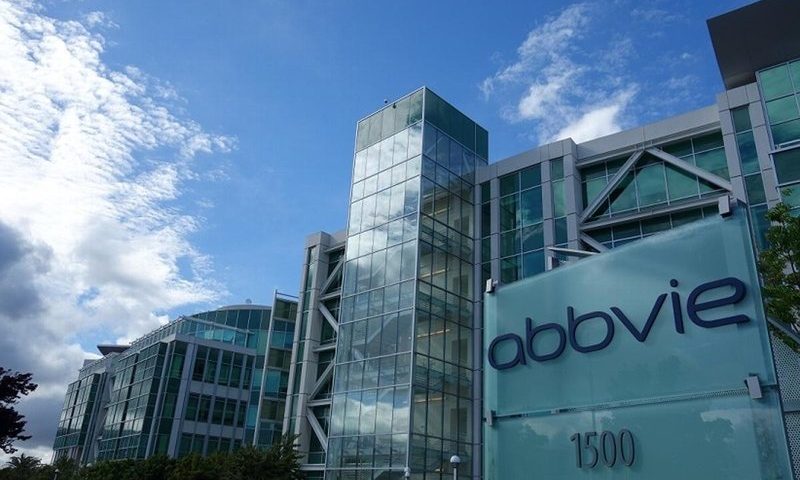AbbVie’s rivals Bristol Myers Squibb, Johnson & Johnson and Seagen are staring down the multiple myeloma market, so the maker of Humira is snapping up TeneoOne after seeing some promising early data that piqued the pharma’s interest.
The Illinois-based Big Pharma is exercising an exclusive right to buy the Teneobio affiliate for an undisclosed sum nearly two and a half years after shelling out $90 million to help develop a bispecific antibody that targets BCMA and CD3.
“[O]ur analysis of the phase 1 data to date has allowed us to make this decision with confidence,” said Michael Severino, M.D., vice chairman and president of AbbVie, in a statement. “While other BCMA and CD3 bispecific therapies require weekly administration, the recommended phase 2 dose of TNB-383B will investigate infrequent dosing of every three weeks for intravenous administration, which is an important treatment factor for people living with multiple myeloma.”
AbbVie has plenty of Big Pharma peers breathing down its neck in the crowded multiple myeloma market.
GlaxoSmithKline’s antibody drug conjugate Blenrep landed an FDA nod last August despite eye-related side effects. The single-agent treatment, given every three weeks, demonstrated a clinically meaningful overall response rate of 31%.
AbbVie and GSK are going after a blood cancer that is expected to affect 34,920 Americans and lead to 12,410 deaths this year, the National Cancer Institute predicts.
While GSK’s therapy is already on the market, the pipeline is rich, too. J&J and Legend’s CAR-T treatment was found to shrink tumors in 98% of very sick patients with multiple myeloma, and tumors were eliminated in 80% of patients, the companies said earlier this month. The therapy has scored an FDA priority review and is slated to receive a regulatory decision by Nov. 29.
Other biotechs targeting multiple myeloma include Allogene, in a partnership with Notch Therapeutics; Epizyme, whose first-in-class drug candidate recently inhibited tumors in mice; Pfizer spinout SpringWorks Therapeutics, which is teaming up with Seagen to test an anti-BCMA antibody in a phase 1 trial; and Bristol Myers Squibb and bluebird bio.
AbbVie will now bring TeneoOne’s TNB-383B fully under its umbrella. The therapy is meant to direct the body’s own immune system to kill BCMA-expressing tumor cells for patients with relapsed or refractory multiple myeloma who have received three or more prior lines of therapy.
An interim analysis of the ongoing phase 1 study of 103 patients showed an objective response rate of 79%, meaning the ratio of patients whose tumors shrank as a result of the treatment. The study also showed a partial response or better rate of 63% and complete response of 29%, AbbVie and TeneoOne said.
Teneobio CEO Roland Buelow said that the goal for TNB-383B and the unit’s T-cell redirecting anti-CD3 platform is to reduce dose-limiting toxicities that have plagued this drug class while saving all the benefits.
Cytokine release syndrome, an acute inflammatory syndrome common after cancer treatment, was the most frequent adverse event across all grades during the treatment at 52%, following by fatigue at 25% and neutropenia at 24%.

